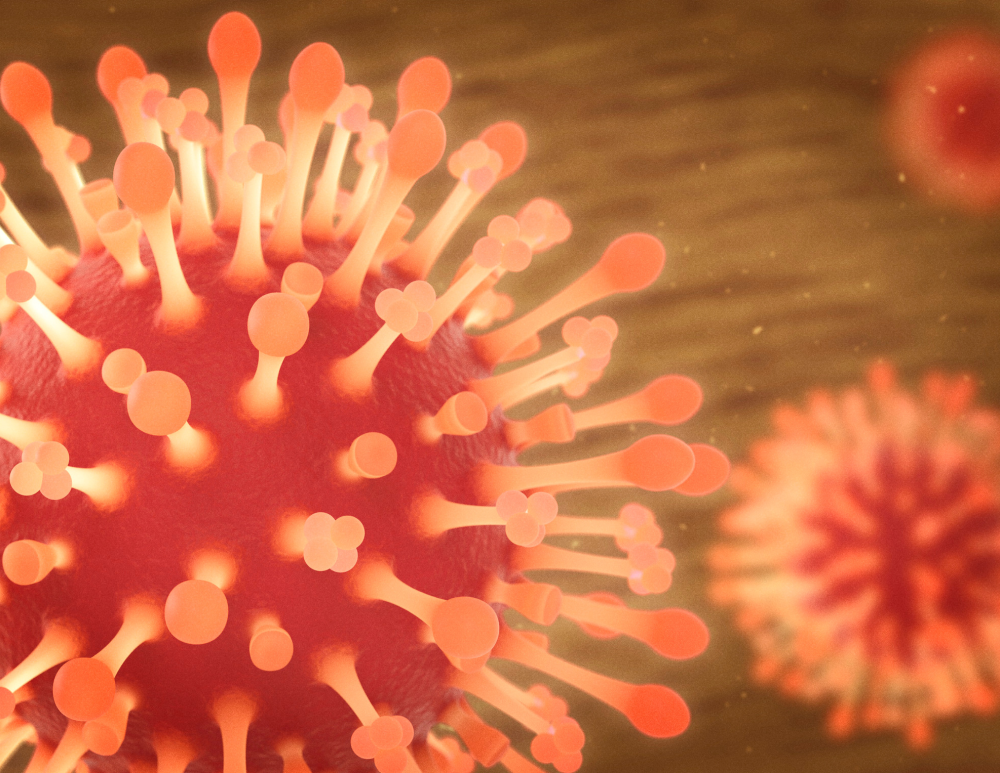H5 Bird Flu
H5 Bird Flu
EN ESPAÑOL: Influenza Aviar H5

The H5N1 Highly Pathogenic Avian Influenza (HPAI) virus, also known as H5 Bird Flu, has caused outbreaks in poultry and dairy cows with several human cases in dairy and poultry workers.
While the current public health risk is low, Center for Disease Control and Prevention (CDC) is working with states to monitor people with infected animal exposures and watching carefully for H5 Bird Flu activity in humans. Currently, there is no human-to-human transmission.
Find the most up-to-date information at the Centers for Disease Control (CDC) website
On this page:
What is Avian Influenza?
Wild water birds play host to many different types of influenza (flu) viruses. Some avian influenza viruses also have been transmitted to other species and can cause disease in other animals, including humans. The H5N1 Highly Pathogenic Avian Influenza (HPAI) virus, also known as H5 Bird Flu, is widespread in wild birds worldwide, and is typically spread from bird to bird. People rarely get bird flu, but when they do, it is usually because they had direct contact with infected birds or other infected animals.
Preventing Bird Flu
The best prevention strategy is to avoid being exposed. Do not have contact with sick or dead wild birds, poultry, or other animals. If you must have direct or close contact, be sure to wear appropriate Personal Protective Equipment (PPE).
In Humans
- Cook poultry, beef, and eggs to a safe internal temperature.
- Do not touch or consume raw milk or raw milk products. Pasteurization kills bacteria and viruses, including the H5N1 virus that causes bird flu.
- Practice proper hand-washing technique regularly, especially during food preparation, or when you have been in handling items that may have come into contact with the virus.
- Do not touch any surfaces or materials (like litter or bedding) that may have come into contact with saliva, mucous, or feces of birds or other animals that are confirmed or suspected to have bird flu.
In Pets and Backyard Flocks
- Avoid feeding pets raw meat or poultry and unpasteurized milk. Prevent pets from eating dead birds or other animals.
- Bring pet birds indoors. Consider keeping cats indoors. Keep pets that do go outdoors away from wild birds, poultry, and cattle and their environments.
- Reinforce areas where backyard birds are kept, making sure they are fully enclosed and away from wild birds and their droppings.
- Keep feed, drinking water, equipment, and other supplies secure, out of reach of wild birds or rodents.
- Don’t touch sick or dead birds, their feces or litter, or any surface or water source (for example, ponds, waterers, buckets, pans, troughs) that might be contaminated with their saliva, feces, or any other bodily fluids without wearing PPE.
If you find a sick or dead bird, don’t touch it, report it!
For domestic birds:
Oregon State Veterinarian
AHHotline@oda.oregon.gov
635 Capitol St NE
Salem, OR 97301
Phone: 503-986-4711
Alt Phone: 1-800-347-7028
For wild birds:
Oregon Department of Fish and Wildlife
Phone: 1-866-968-2600
Additional Resources
For the most recent data, guidance, and resources, visit the following links.
